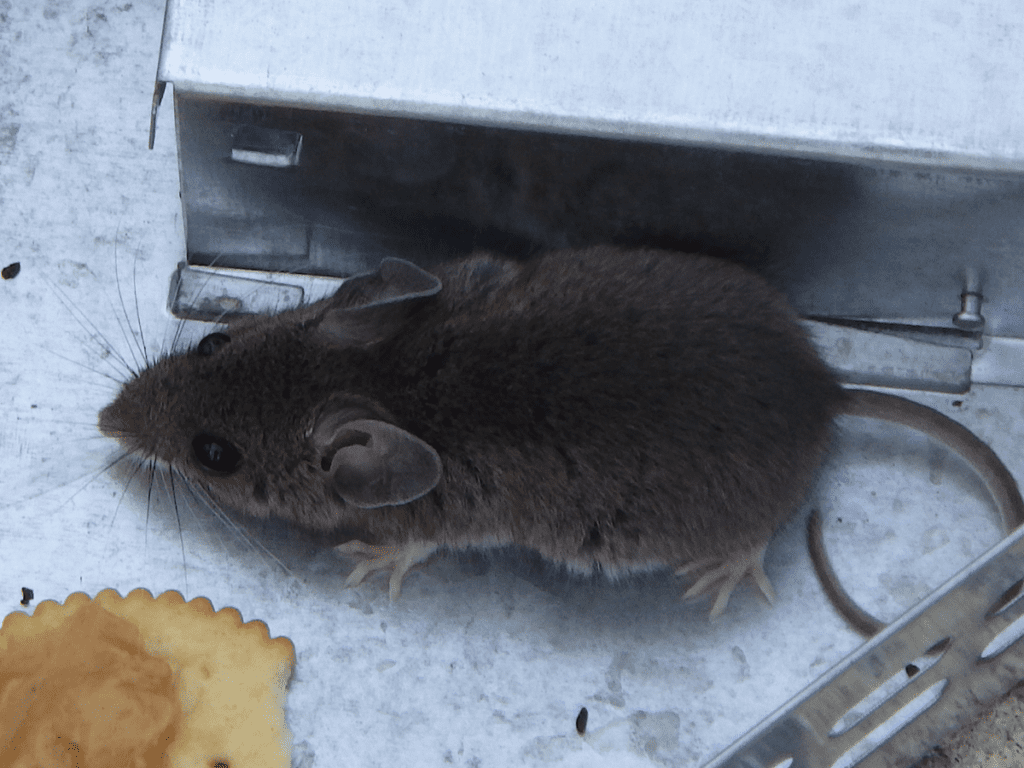
Many homeowners assume pest problems disappear when temperatures drop, but this is far from the truth. As temperatures fall, many pests look for warmth and shelter indoors to escape the harsh outdoor conditions. This behavior results in an increase in pest activity within homes and buildings during the winter months.
While outdoor insect populations may decrease, those pests that manage to enter indoor spaces can remain active and become a problem. Let’s explore why pest control remains important during the colder months and what you need to know to protect your home.
Why You Need Pest Control in Winter
Contrary to what some people believe, there are still pests that are active in winter.
Pests Active in Winter
- Rodents: Mice and rats are common winter invaders, seeking warmth and food in homes.
- Cockroaches: These resilient pests thrive in warm, moist indoor environments.
- Spiders: Some spider species seek shelter indoors during colder months.
- Termites: While less visible, termites can remain active inside structures during winter.
- Bed Bugs: These pests are active year-round and may spread more in winter due to increased indoor activity and travel.



Though not really active during winter, mosquitoes are also known to lay eggs right before winter comes. As temperatures drop below 50°F (10°C), adult female mosquitoes deposit their final batch of eggs in any small water-holding containers. When temperatures begin to rise again in spring and rainfall increases, the eggs will start to hatch.
Effects of Cold Temperatures on Pest Activity
Some pests have developed advanced physiological adaptations that enable them to survive freezing temperatures, including the ability to produce natural antifreeze proteins within their bodies. This evolutionary trait allows certain species to endure extremely cold conditions.
The lack of food sources during winter can significantly alter pest behavior. Many species become more aggressive and persistent in their search for food, often exploring new areas of homes in their quest for sustenance.
This heightened need for food and warmth can make pests more visible and problematic for homeowners during colder months, highlighting the necessity of maintaining vigilant pest control measures throughout winter.
Benefits of Winter Pest Control

1. Disrupts the Pest Lifecycle
Winter is a critical time in the lifecycle of many pests. Implementing control measures during this season can break breeding cycles and significantly reduce pest populations come spring. For instance, treating overwintering insects like mosquito larvae can prevent massive infestations when temperatures rise.
2. Exploits Pest Vulnerabilities
Cold weather makes many pests more susceptible to control methods. Rodents, for example, become more desperate for food and shelter, making baiting and trapping strategies more effective. This vulnerability allows for more efficient pest management during winter months.
3. Protects Your Home’s Structure
Winter pest activity can be particularly damaging to your home. Rodents seeking warmth may gnaw on electrical wiring, increasing fire risks. In fact, it’s estimated that 25% of house fires that are attributed to “unknown causes” are said to be caused by rodents.
Meanwhile, moisture-loving pests like termites can continue their destructive activities unnoticed in heated indoor environments. Regular winter pest control helps safeguard your home’s structural integrity.
4. Maintains Indoor Air Quality
As homes are sealed tightly against the cold, indoor air quality becomes a significant concern. Pests and their droppings can contribute to poor air quality, potentially spreading diseases and triggering allergies or respiratory issues. Rodent droppings and urine, for example, can transmit diseases, while cockroaches are allergenic to sensitive individuals.
Winter pest control helps maintain a healthier indoor environment during months when ventilation is limited.
5. Prevents Food Contamination


During winter, when people spend more time indoors and holiday gatherings are frequent, the need for food storage and preparation increases. This season also brings a higher risk of pantry pests and rodents threatening your food supplies. To protect your pantry and ensure food safety, it’s essential to implement regular pest control measures.
6. Cost-Effective Long-Term Strategy
Implementing pest control during the winter can be more cost-effective in the long run. Addressing potential issues early can prevent larger and more expensive treatments that may be needed if infestations are allowed to grow unchecked throughout the winter months.
Conclusion
Winter pest control is not just beneficial—it is necessary. Regular inspections, sealing entry points, proper food storage, and professional pest control services are key components of an effective winter pest management strategy. Stay vigilant and maintain your pest control efforts to ensure a comfortable, pest-free home.
Protect your home this winter by contacting MMPC for expert pest control services. Our experienced technicians offer customized solutions to keep your property pest-free year-round.
